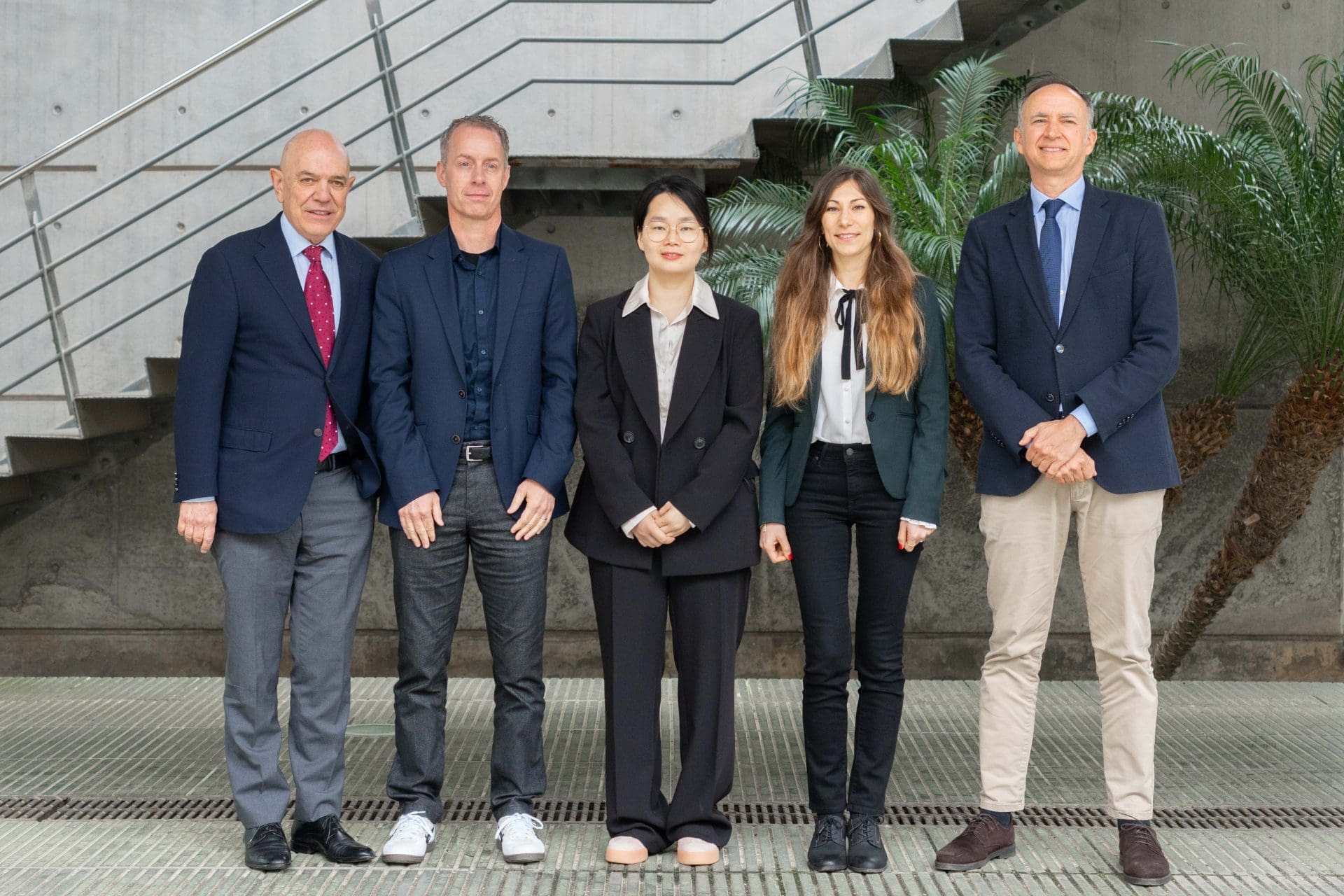Congratulations, Dr. Dmitriev!
9th September 2024 -
Igor Dmitriev a PhD student who is under Prof. Paolo Melchiorre supervision, has successfully defended his PhD thesis entitled “Photocatalytic Single-Electron Reduction of Electron-Deficient π-Systems for Regioselective Carbon-Carbon Bond Formation” publicly on Monday, September 9th.
The members of the evaluation committee were Prof. Jose Luis Vicario (UPV/EHU), Dr. Carla Casadevall (URV-ICIQ) and Prof. Daniele Leonori (RWTH Aachen University, Germany)
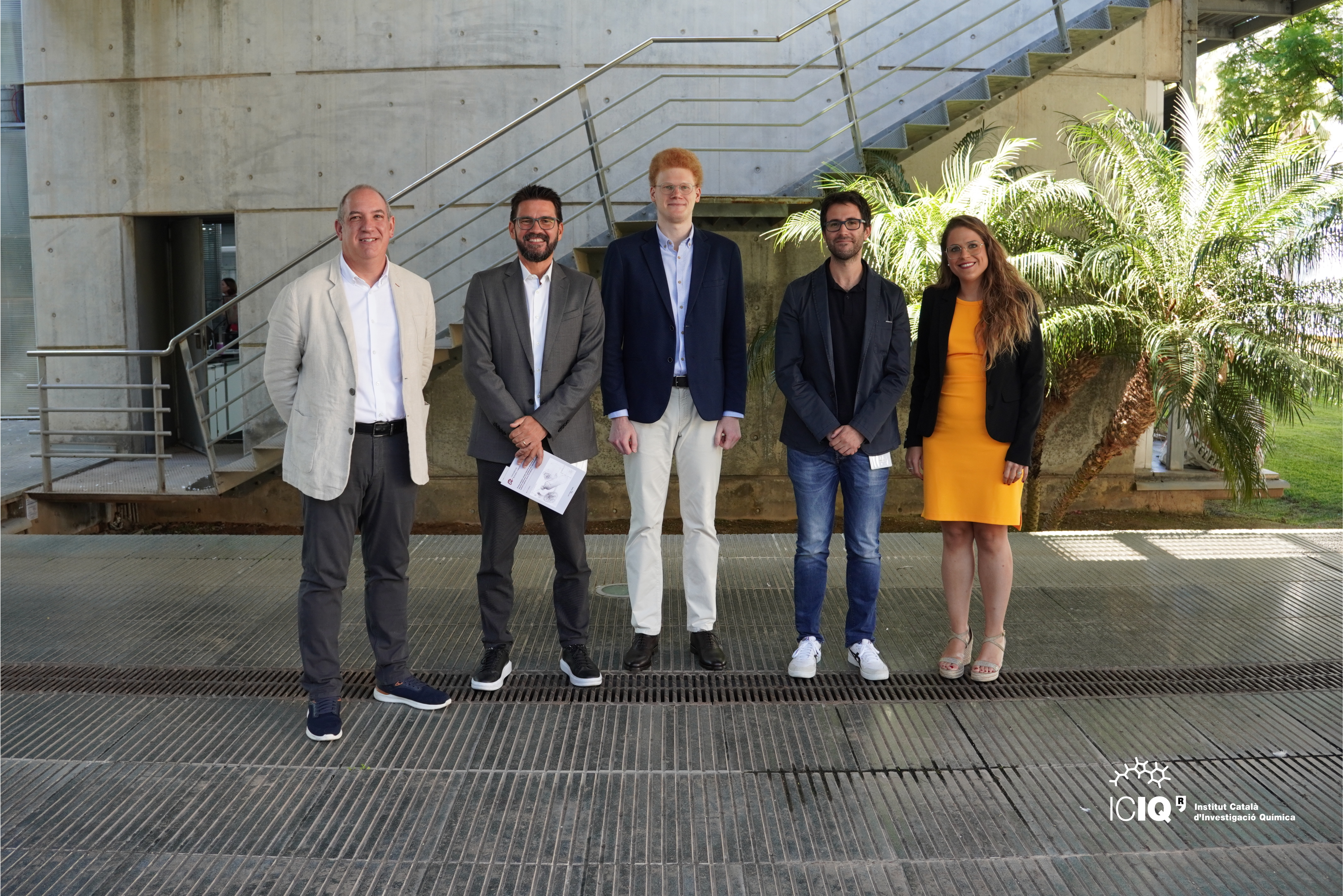
Igor Dmitriev was born in Enerhodar, Ukraine, and moved to Russia at the age of 3 with his parents. He studied chemistry for six years at Moscow State University. During this time, he worked on radical addition to C=N bond in the group of Prof. Dilman at Zelinsky Institute of Organic Chemistry. Igor’s hobbies include birdwatching (over 150 species observed), cycling, and hiking.
Igor received a Doctoral INPhINIT fellowship from “la Caixa” foundation for his PhD Studies.
Why did you become a scientist?
I have always enjoyed solving problems, and through Olympiad chemistry I came to love this area of science. It allows me to satisfy my curiosity, improve our understanding of this world and through this, perhaps, to make a small impact on it.
What do you want to achieve as a scientist?
To better understand this world and through this try to improve it.
What is your thesis about?
My thesis is about using light to enable novel chemical reactivity. Specifically, underutilized capability provided by photocatalytic single-electron reduction has been employed to transform abundant substrates such as pyridines or electron-poor olefins to value-added compounds.
What triggered your interest for the subject of your thesis?
I think that harvesting the abundant energy of light and transforming it through a photocatalytic manifold would be one of the key components of a sustainable chemical industry going forward. Moreover, this approach allows access to previously unavailable methodology, improving our overall chemical toolbox to make useful molecules.
What applications can your thesis have in the future?
The reactions developed are applicable to late-stage functionalization of drugs or other biorelevant molecules. The concepts discovered and described in the thesis could be useful for further methodological development.
From the lessons learnt (or skills developed) at ICIQ, which one do you value the most?
The presentation skills. Presenting your work is an incredibly important part of your job in academia, and I think I have improved at it considerably during my time at ICIQ.
What ICIQ moment you´ll never forget?
The double rainbow outside of ICIQ during my first month of the PhD.
What will you miss the most from ICIQ?
Hanging out with friends and colleagues during lunch and coffee breaks.
Where are you going next? What will you do there?
A postdoc position in the group of Bart Limburg. I will be trying to improve the quantum yields of photocatalytic processes.
Chemistry is fun because…
You get to manipulate matter on a very low level, and all you do is mix some liquids and solids (and gases if you’re brave enough), stir, heat, and occasionally shine light on it or pass electricity through it. Yet somehow, these simple manipulations cause profound changes via oftentimes incredibly complex mechanistic pathways.
What is your favourite molecule?
Sulfur tetrafluoride (SF4). Hope I never have to work with it, but it is a very useful example to teach molecular structure concepts (VSEPR theory).
If you were a piece of lab equipment, what would you be?
GC-MS/FID spectrometer.
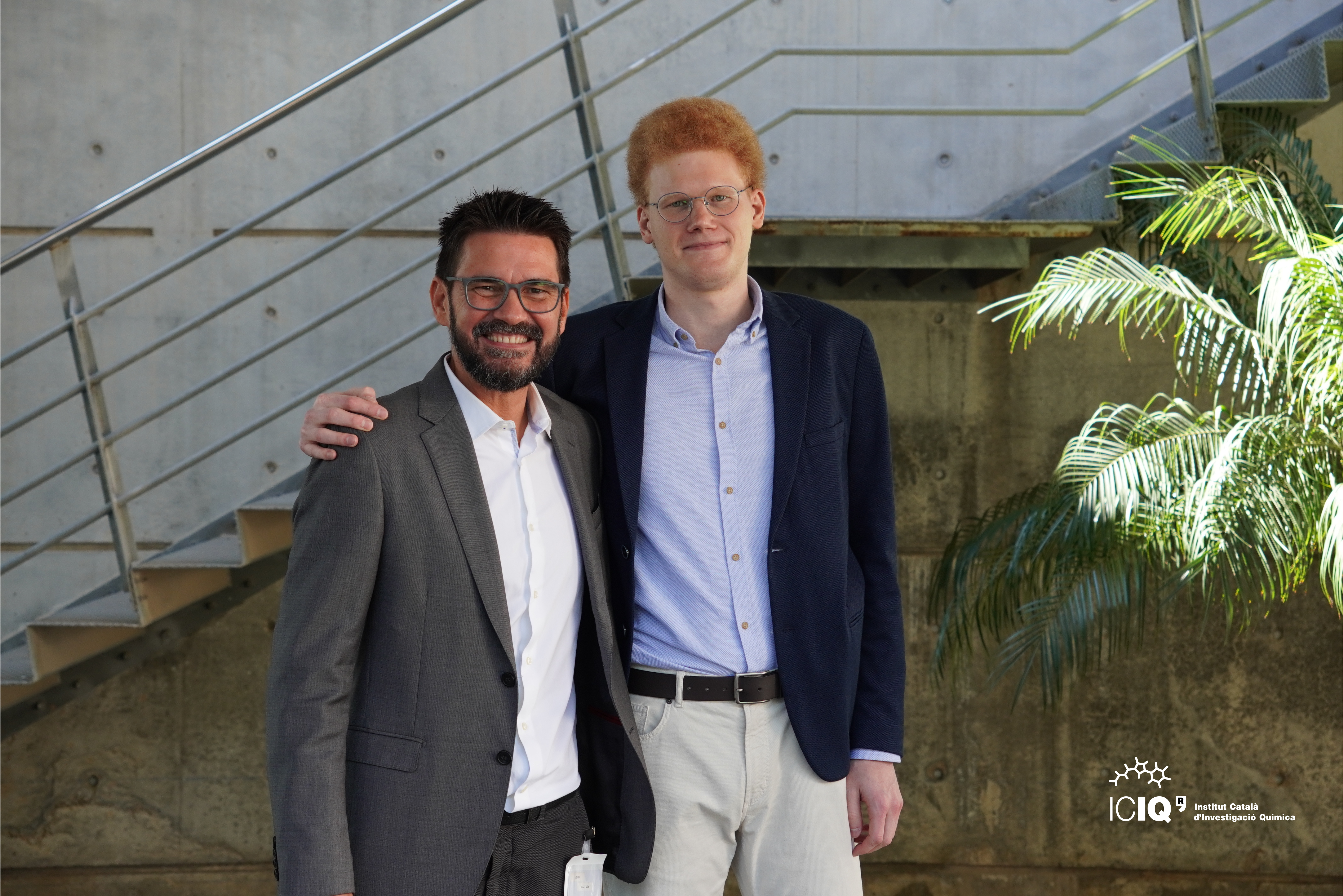
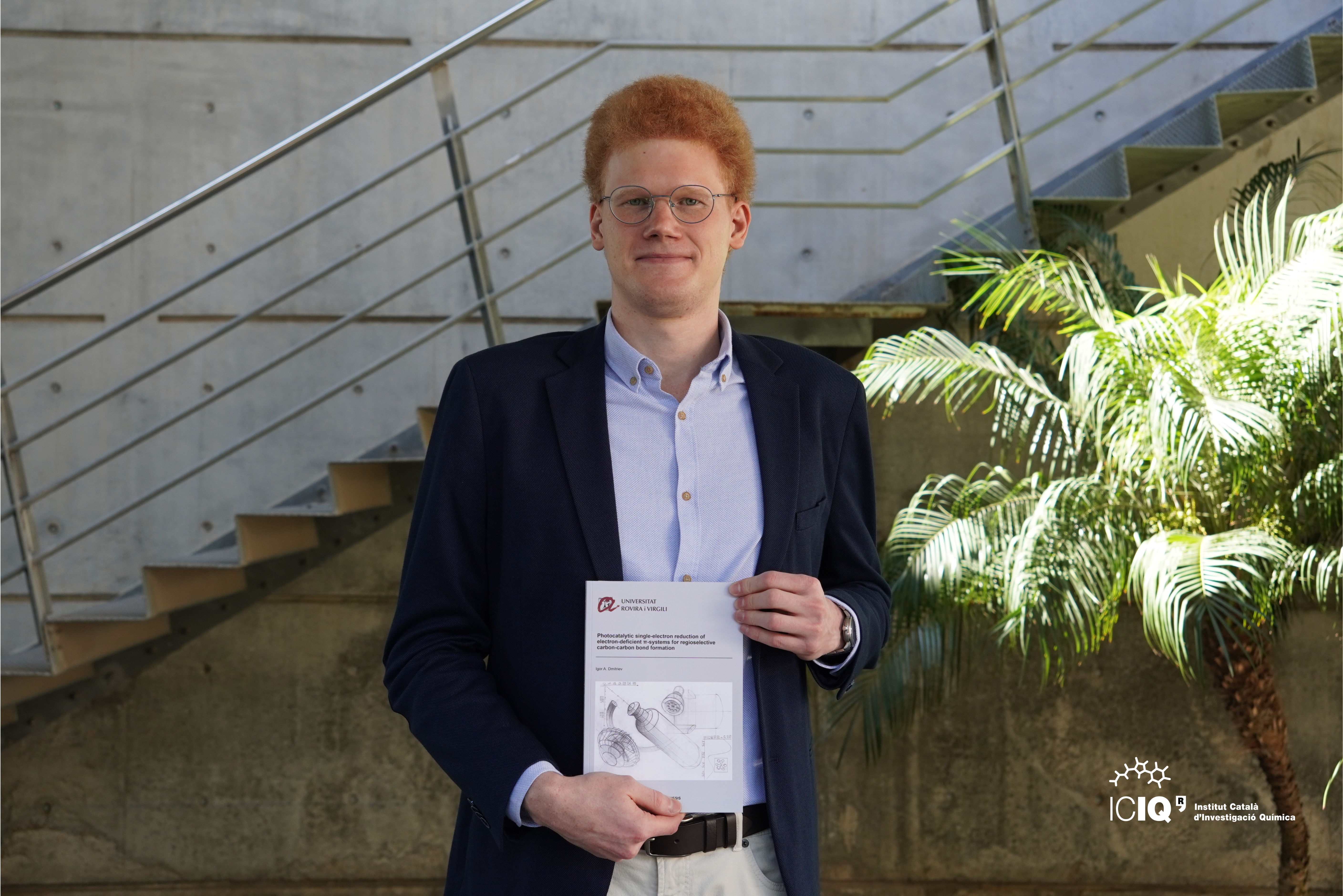
Related news

Let's create a brighter future
Join our team to work with renowned researchers, tackle groundbreaking
projects and contribute to meaningful scientific advancements





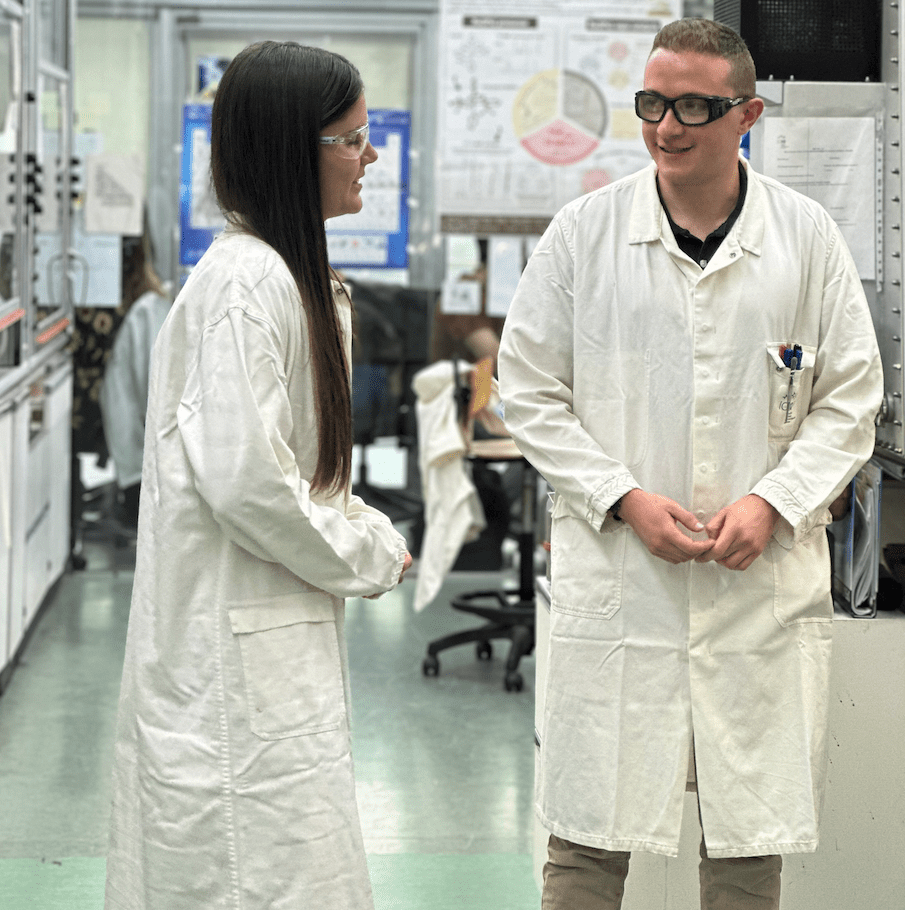
 14-03-2025
14-03-2025 
